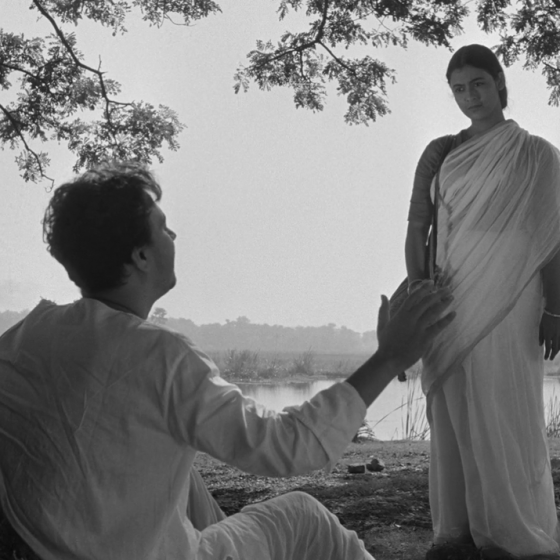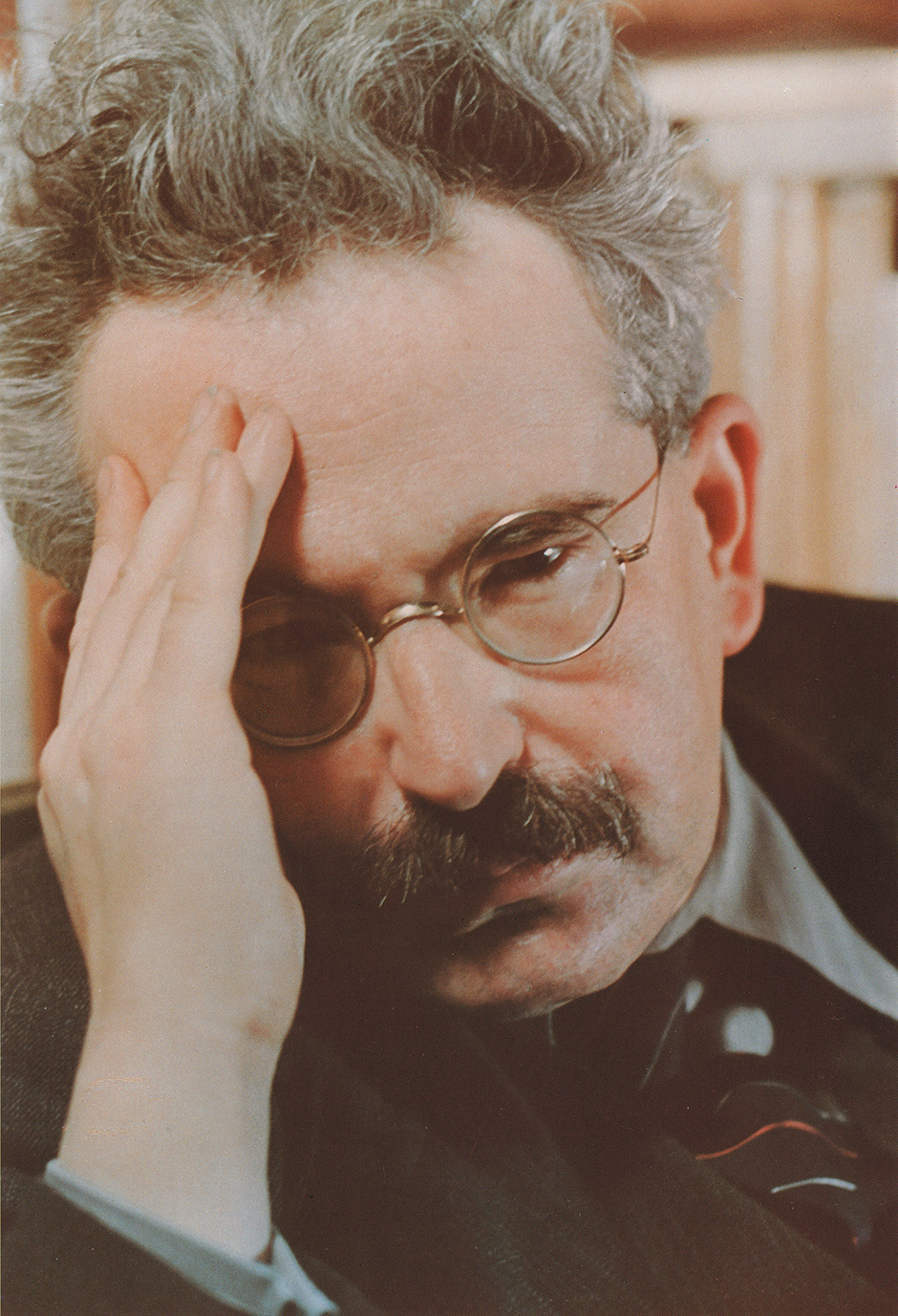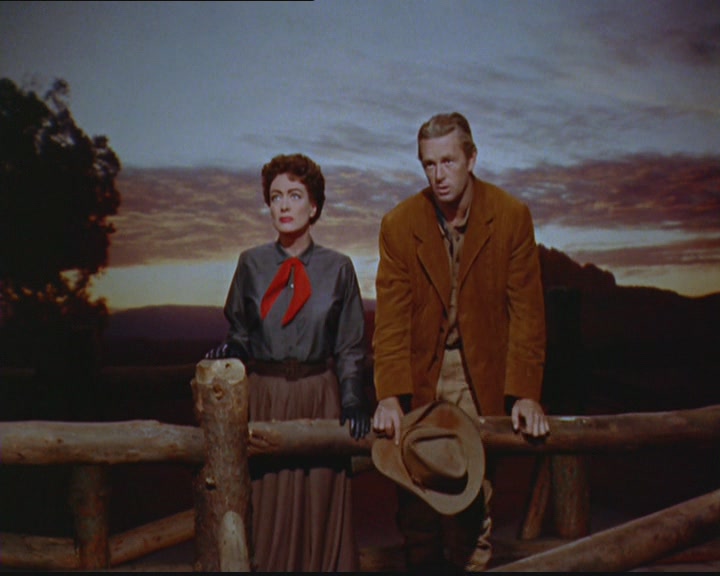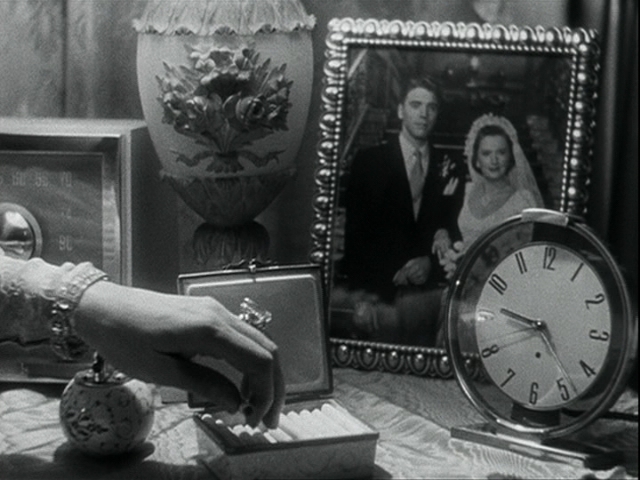Walter Benjamin was a prolific writer, whose corpus spans a wide range of genres, from philosophy, to criticism, to autobiography. A small cottage industry has developed around Benjamin’s extensive writing, producing an ongoing stream of interpretations, applications, and contextualizations. A host of different “Benjamins” have arisen, depending on the great variety of analytical frameworks and disciplinary concerns. Benjamin’s difficult life in interwar Europe as a nomadic character on the fringes of so many cultural circles is very much part of his philosophy, and cannot be entirely separated from his critical theory. Benjamin worked on the edge of a political precipice, and adapted methodologies from a wide range of cultural currents, expressing himself eloquently in French and German, providing a significant challenge to his English translators. He challenges the film critic and media analyst to craft new avenues of interpretation in order to recognize the utopian within the ideological, and to illuminate the lost promises of technological modernity.






